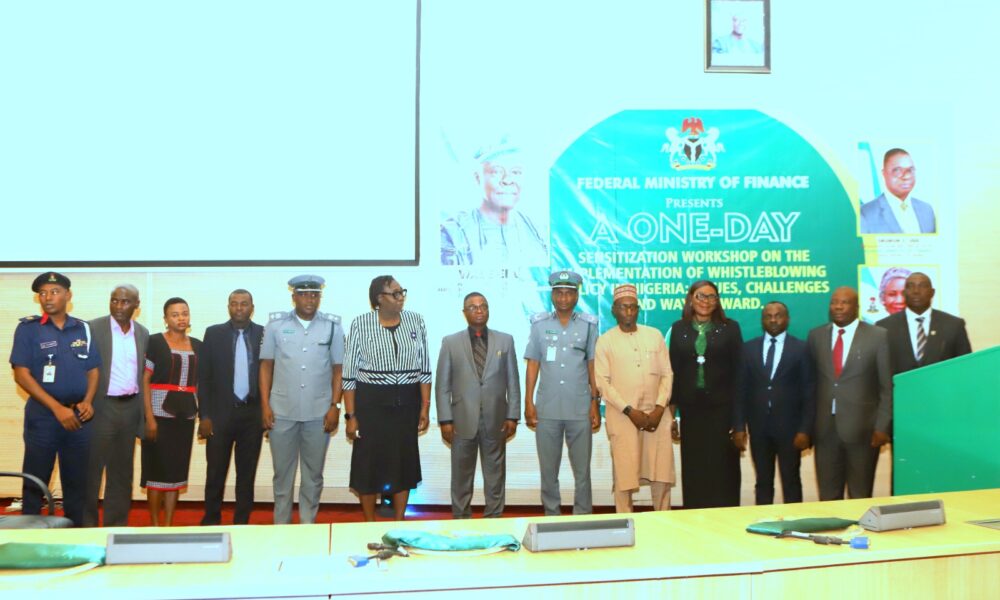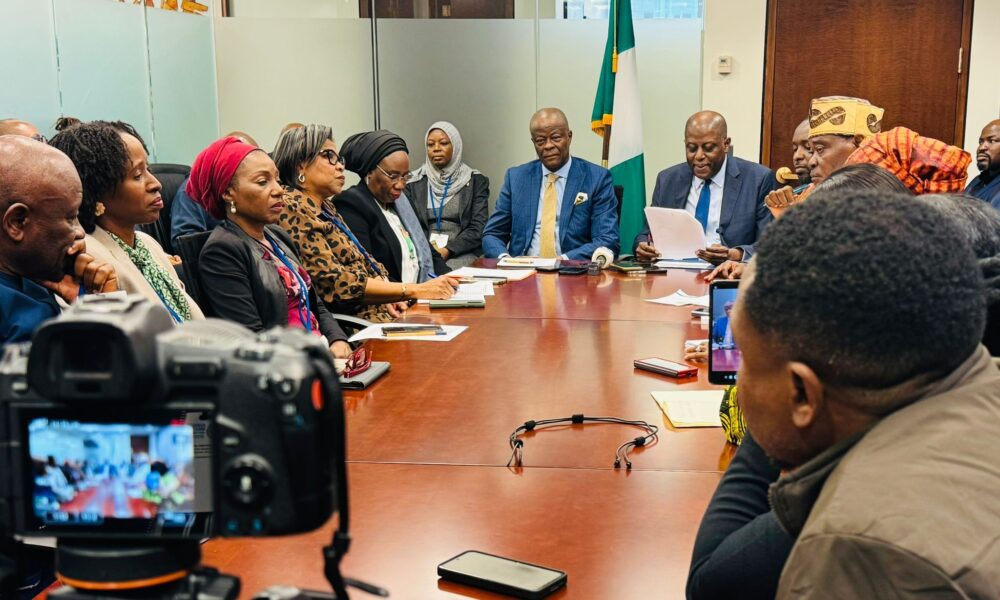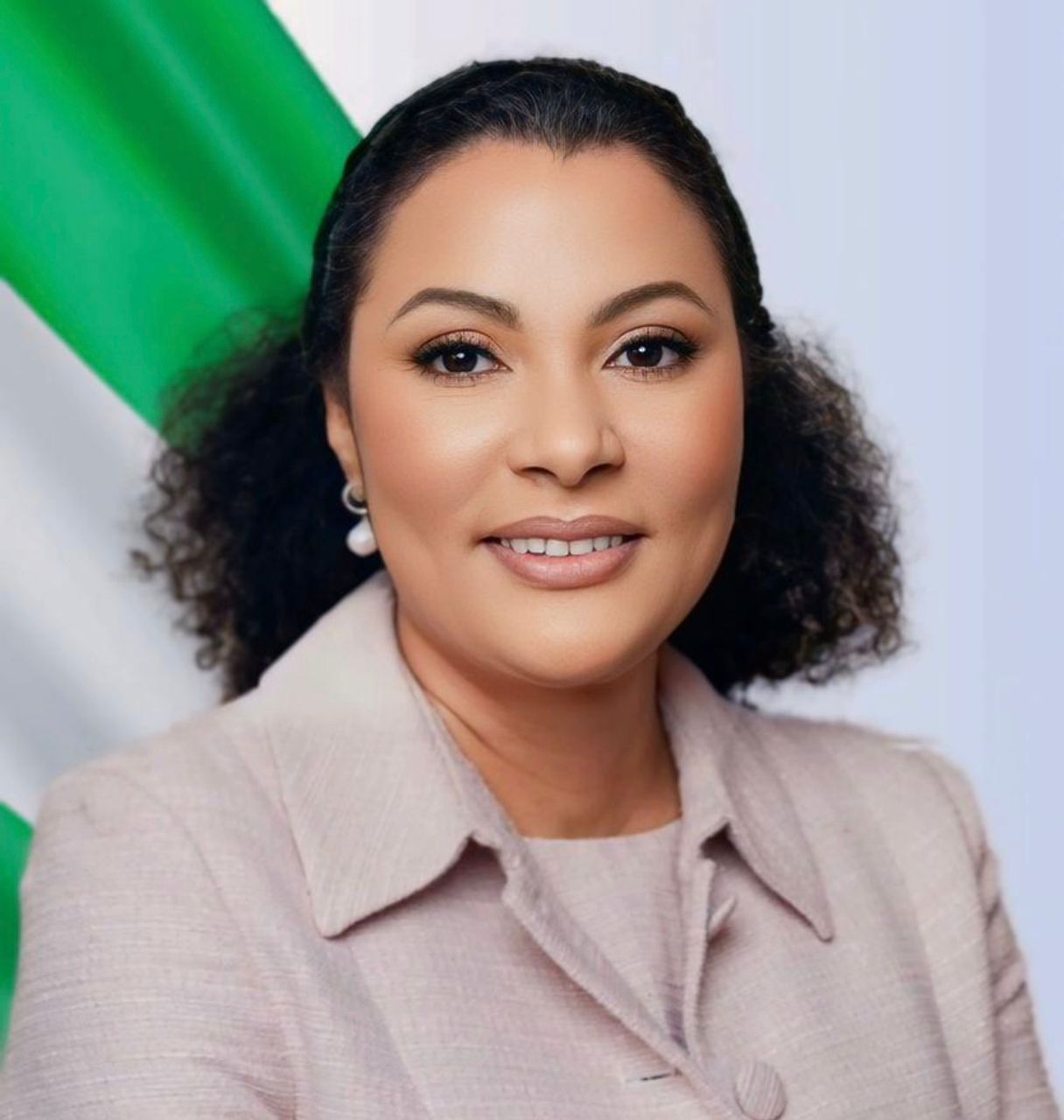The Federal Government of Nigeria has announced the development of a draft bill aimed at providing legal backing and protection for whistleblowers, marking a crucial step towards enhancing the effectiveness of its whistleblowing policy.
This initiative seeks to address the challenges that have hindered the policy’s full implementation and encourage more individuals to report corruption and misconduct within government operations.
A statement by the director of information and media relationMuhammed Manga quoted the Minister of Finance and Coordinating Minister of the Economy, Mr. Wale Edun while speaking at a one-day sensitization workshop on the policy’s implementation to have underscored the administration’s unwavering commitment to fostering transparency, accountability, and integrity in governance.
Edun highlighted the successes achieved since the policy’s introduction in 2016, including the recovery of significant amounts of misappropriated funds.
“The whistleblowing policy has already shown promise, with recoveries totaling over N83 billion, $609 million, and 5.5 million Euros between 2017 and 2023,” the Minister stated.
He further revealed that the draft bill, which is expected to be presented to the National Assembly, is designed to establish a robust legal framework that ensures whistleblowers are protected, and their reports are handled with confidentiality and promptness.

Mr. Edun reaffirmed President Bola Ahmed Tinubu’s administration’s dedication to pursuing the whistleblowing policy in strict compliance with the rule of law. “This government is committed to achieving transparency and accountability in governance, and the proposed legal framework is a testament to this commitment,” he said.
In his opening remarks, Mr. Okokon Ekanem Udo, Permanent Secretary, Special Duties, Federal Ministry of Finance, highlighted the whistleblowing policy’s role in uncovering corrupt practices across both public and private sectors since its inception in December 2016. He noted, however, that the policy’s implementation has faced challenges, particularly in sustaining the initial enthusiasm that greeted its introduction.
“The momentum and popularity that heralded the policy’s introduction need to be reinforced and sustained,” Udo remarked, emphasizing the workshop’s objective to deepen understanding of the policy and foster cooperation among key stakeholders, including implementing teams, Civil Society Organizations, and the media.
In her closing remarks, Mrs. Lydia Shehu Jafiya, Permanent Secretary, Federal Ministry of Finance, stressed the importance of protecting whistleblowers and safeguarding their identities to encourage more individuals to report corruption. Represented by Mr. Olusola Dada, the Ministry’s Director of Human Resources, Mrs. Jafiya also called for improvements in the reporting mechanisms to make them more accessible, user-friendly, and effective.
“The journey towards an effective whistleblowing regime is a collaborative effort,” Mrs. Jafiya said. “Each of us has a role to play in nurturing an environment where integrity and accountability thrive. Let us take the knowledge and enthusiasm generated today and translate it into concrete actions that drive positive change.”
The workshop, themed “Issues, Challenges, and Way Forward,” concluded with a renewed commitment to reinvigorating the whistleblowing policy, ensuring that transparency and accountability remain central to the management of public finances in Nigeria. The draft bill is seen as a significant step in this direction, demonstrating the government’s resolve to fight corruption and promote good governance.




